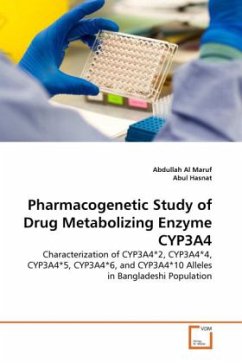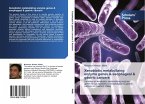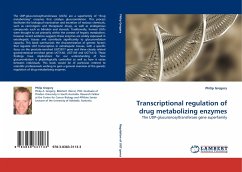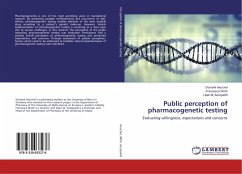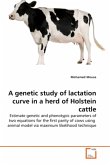Pharmacogenetics is generally regarded as the study of genetic variation that gives rise to different responses to drugs. It may be possible to predict therapeutic failures or severe adverse drug reactions in individual patients by testing for important DNA sequence variations or polymorphisms in key drug-metabolizing enzymes, receptors, transporters, etc. In this book, we characterized methods for genotyping CYP3A4 2, CYP3A4 4, CYP3A4 5, CYP3A4 6, and CYP3A4 10 alleles among Bangladeshi population in 70 healthy adult unrelated volunteers. Cytochrome P450 3A (CYP3A) subfamily is responsible for the metabolism of more than 60% drugs used by the human including clinically important drugs like nifedipine, cyclosporine, erythromycin, midazolam, triazolam, digitoxin, lidocaine, and quinine etc. Venous blood samples were collected from 70 healthy Bangladeshi volunteers. Genomic DNA was extracted from these blood samples and PCR-RFLP analysis was employed to genotype important alleles of CYP3A4. CYP3A4 2, CYP3A4 4, CYP3A4 5, CYP3A4 6, and CYP3A4 10 alleles were found to be absent in Bangladeshi population, which are common in other ethnic groups
Bitte wählen Sie Ihr Anliegen aus.
Rechnungen
Retourenschein anfordern
Bestellstatus
Storno

